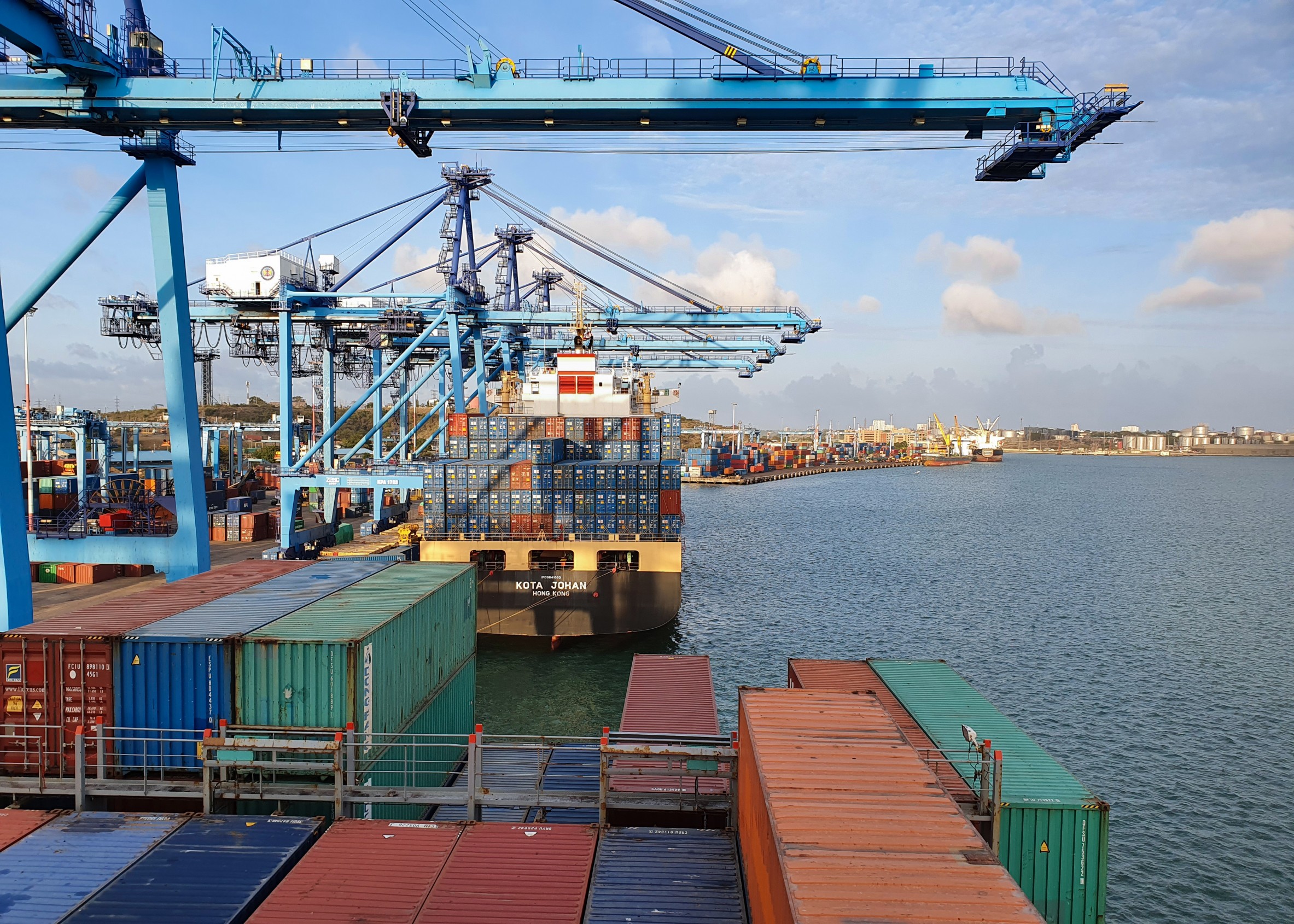
Case Update - The Alion (Tanga Pharmaceuticals Plastics Limited and others v Emirates Shipping Line FZE [2025] EWHC 368 (Comm))
June 30th, 2025
Judgment date: 27 February 2025
Background
Claimants were Owners or interested parties in a number of containers and their contents (the “Cargo”) shipped aboard MV “Alion” for passage from India, the UAE and Saudi Arabia to Mombasa, Kenya (“Cargo Interests”). Defendants were carriers under the bill of lading (“Carriers”).
Carriers chartered the Vessel from Owners under a time charter dated 9 August 2021. The applicable bills of lading were expressly governed by English Law and subject to English jurisdiction.
The Vessel suffered an engine failure in the Arabian Sea on 15 September 2021. Salvage services were rendered, and general average was subsequently declared on/around 5 October.
Eventually, with the assistance of salvage agents, the Vessel discharged at Mombasa on 6 December, and the Cargo was released to receivers after provision of salvage and general average security. Owners and Carriers reached settlement agreements with Salvors on around 29 July 2022.
Owners eventually brought a claim under the contract of carriage contained in / evidenced by the Bills of Lading. The claims related to the settlement with Salvors and particular average costs/expenses.
The Dispute
It was common ground that the Hague Rules were applicable pursuant to clause 2(1) of the bills of lading. The parties further agreed that if the Hague Rules were applicable compulsorily, then the limitation period for claims would be one year from the delivery date (pursuant to Article III.6), and Article III.8 would have rendered void any attempt to lessen liability.
Furthermore, the court underlined the long-standing legal principle that Article III. 6 of the Hague Rules does not apply solely to claims relating to actual loss of / damage to goods but also to claims for loss or damage suffered by the Cargo Interests in relation to the cargo. The court directed the parties to Cargill International SA v CPN Tankers (Bermuda) Ltd (The “OT Sonja”) [1993] which summarises this principle.
Carrier’s Defence
The Carrier argued that as the Hague Rules were incorporated via contract (and were not mandatorily applicable), it was possible to vary the Rules’ limitation regime.
The Carrier attempted to do so by including a “20-day Provision”, which time-barred any claim (other than for loss/damage to Goods) unless “submitted fully documented to the Carrier in writing within 20 days” from the date of delivery.
The Carrier attempted to further rely on a clause that stated:
“Suit shall not be considered to have been brought within time specified unless process shall have been actually served and/or jurisdiction obtained over the Vessel or Carrier within such time”.
Although the Hague Rules Article III.6 and III.8 were incorporated into the contract, the Carrier argued that this was only subject to the contractual clauses.
Cargo Interests’ Claim
Cargo Interests argued that as the Hague Rules were incorporated and the Bills of Lading were subject to English law, the only step required to prevent a time bar from applying is to issue a claim form. Furthermore, the 20-day provision was not applicable as the claims did relate to loss of / damage to goods.
Judgment
The court held that the parties may modify the Hague Rules by agreeing to do so, following Dairy Containers Ltd v Tasman Orient Line CV (The “Tasman Discoverer”) [2004] UKPC 22. However, to do so, clear words must be used (Homburg Houtimport BV v Agrosin Private Ltd (The “Starsin”) [2003] UKHL 12)
Generally, if provisions from another text are incorporated by a “mere incorporation clause”, an express contractual provision will be presumed have been intended to take precedence. This includes the Hague Rules.
However, precedence will depend on the circumstances, as clear from Finagra (UK) Ltd v OT Africa Line Ltd [1998] 2 Lloyd’s Rep. 622. Often a contract will give indications as to which clause will take precedence. This may be done by a “repugnancy [or inconsistent] clause”, which states that a certain term will have priority over any contractual term that is in conflict.
In the circumstances, it was clear that clause 18 did not prevail over the incorporated Hague Rules. This was for the following reasons:
- The incorporating clause was titled “CLAUSE PARAMOUNT”. This is a familiar term in the shipping industry, which means it “overrides any express exemption or condition that is inconsistent with it” (The “Agios Lazaros” 1976).
- The contract does not incorporate the entirety of the Rules (as Article IX is omitted). It would have been easy for the Carrier to have omitted Article III.8 if they wished clause 18 to prevail. Furthermore, the contract identifies a specific circumstance where Article III Rule 8 is not to prevail, which would be unnecessary if the entire rule was never intended to prevail.
- Clause 9 (which was agreed by both parties to apply to port-to-port carriage AND port-to-port elements of intermodal carriage) expressly provides that liability is determined in accordance with clause 2.
- Clause 18 does not expressly provide that it prevails over an inconsistent term. If the Claimant were to forego a valuable term on limitation, one would expect that this would be made clear.
Is the Service Provision compatible with the Hague Rules’ limitation regime?
The court considered whether a clause that stipulates when a suit is considered brought lessens or affects liability under the Hague Rules.
Different jurisdictions have different approaches; whether by claim form or when further documents are provided to a certain party. If a contract could stipulate what constitutes a suit, this would have far-reaching effects on contracts incorporating the Hague and Hague-Visby Rules. It would also apply to contracts that incorporate the Hague Rules compulsorily.
Judge Bright held that if one could in principle stipulate what is considered a suit, than there is no obvious reason why one could not stipulate other events that may not be likely to happen within one year of delivery. As summed up, “suit shall not be considered to have been brought unless pigs fly, or England win the World Cup”.
However, clause 24 of the Bill of Lading expressly provides for English law and jurisdiction. It is clear as a matter of English law that a suit is brought on issuance of the claim form. Therefore, the provision is capable of relieving liability and would have done so in these circumstances.
Conclusion
Parties should be mindful that although they can incorporate the Hague / Hague Visby Rules and vary their limitation regime, this must be expressly clear in the contract wording.
By labelling a clause “PARAMOUNT”, parties run the risk of inadvertently providing that Hague Rules prevail over other contractual clauses. The limitation regime set out the Hague Rules is a valuable tool for a party, and the Court will not easily allow this to be foregone unless the contract is clear.
Furthermore, any attempt to stipulate what is considered a suit will likely be deemed to have the effect of attempting to relieve liability under the Hague / Hague Visby Rules if they are incorporated.
Read the judgment here.
Are you on board?
Get in touch